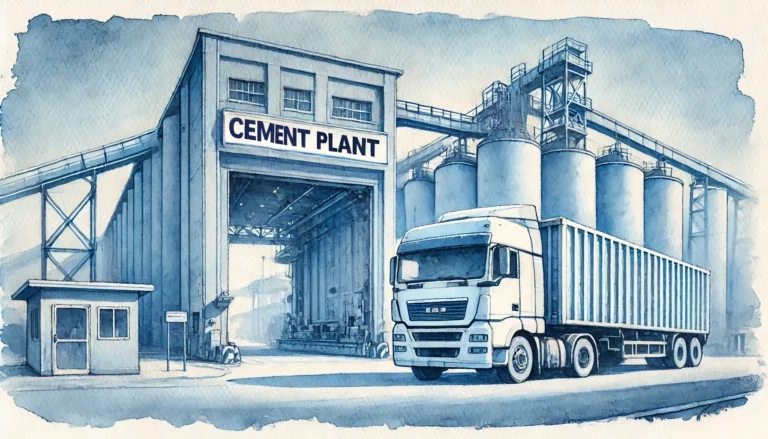Zero waste Europe: the cities redefining waste management
In our journey toward sustainability, the concept of “zero waste” is gaining momentum. This philosophy is not just about reducing waste. It’s about rethinking our resources cycle so that all products are reused and none are sent to landfills or incinerators. European cities are leading the charge, transforming their waste management approaches into successful models of efficiency and sustainability. This article explores how these cities achieve their goals, providing a blueprint for others to follow.
The philosophy behind zero waste
Zero waste is a comprehensive approach that encourages the redesign of resource life cycles so that all products are reused. The goal is to ensure that no trash is sent to landfills, incinerators, or the ocean. Instead, it’s transported for recycling or repurposed. Besides environmental benefits, zero waste strategies foster economic growth and social well-being by reducing pollution, conserving resources, and creating jobs in the recycling and waste management sectors.
Case studies: Europe’s leading zero waste cities
San Sebastián, Spain
In San Sebastián, public participation and policy innovation are at the heart of its waste management success. The city has seen landfill waste reduction by over 35%. It’s all thanks to the implementation of its comprehensive waste management law, “The Basque Country Waste Prevention and Management Plan.” This initiative promotes rigorous recycling, waste reduction, and community education programs that have significantly improved the city’s sustainability metrics.
Ljubljana, Slovenia
Ljubljana became the first European capital to adopt a zero waste goal, spurred by Slovenia’s national “Eco Fund” initiative. It provides financial incentives for municipalities to enhance waste management. With a recycling rate that soared to over 60%, the city’s efforts are complemented by its “Zero Waste Family” program, which educates residents on reducing and sorting waste effectively.
Capannori, Italy
Capannori is a pioneer in the zero waste movement, with initiatives dating back to 2007 when it adopted the “Zero Waste Municipal Plan.” This was the first of its kind in Europe. It led to a remarkable achievement: over 80% of waste is now diverted from landfills. The town’s success is attributed to innovative programs like the ‘door-to-door’ waste collection system and extensive community engagement efforts.
Key strategies for achieving zero waste
It’s important to note that effective zero waste strategies hinge on three core areas: policy and legislation, technological innovation, and public participation. European cities that excel in waste management often have robust legal frameworks that mandate recycling and waste reduction. Technological innovations, such as automated waste-sorting systems and digital platforms for tracking waste generation, play a critical role in managing waste streams efficiently. Moreover, these cities invest heavily in public education to ensure that every community member understands and participates in waste reduction initiatives.
Challenges and solutions
Transitioning to zero waste involves overcoming significant challenges. This undoubtedly includes economic constraints, technical limitations, and public resistance. For instance, initial investments in waste sorting facilities and education programs can be substantial. However, cities like Ljubljana and San Sebastián have demonstrated that long-term benefits, such as reduced environmental impact and lower waste management costs, far outweigh these initial expenses. Solutions include incremental policy implementation, subsidies for waste reduction technologies, and continuous public engagement campaigns.
Impact and measurement of success
The success of zero waste initiatives is typically measured by the decrease in waste sent to landfills and the increase in recycling rates. For example, Capannori reported a 40% reduction in landfill waste within five years of implementing its zero waste plan. The environmental benefits, combined with improved public health and economic savings, underscore the impactful outcomes of these initiatives.
The future of zero waste cities
Moreover, as more cities aim to reduce their environmental footprint, zero waste practices are expected to evolve. It would be surely easier with advancements in technology and more stringent international waste shipment regulations. This progress will likely lead to smarter, more efficient waste management systems that could serve as a standard for sustainability worldwide.
Europe’s zero waste cities offer valuable insights into sustainable waste management. By adopting the right strategies and fostering community involvement, cities around the world can significantly enhance their environmental stewardship and move towards a sustainable future.







